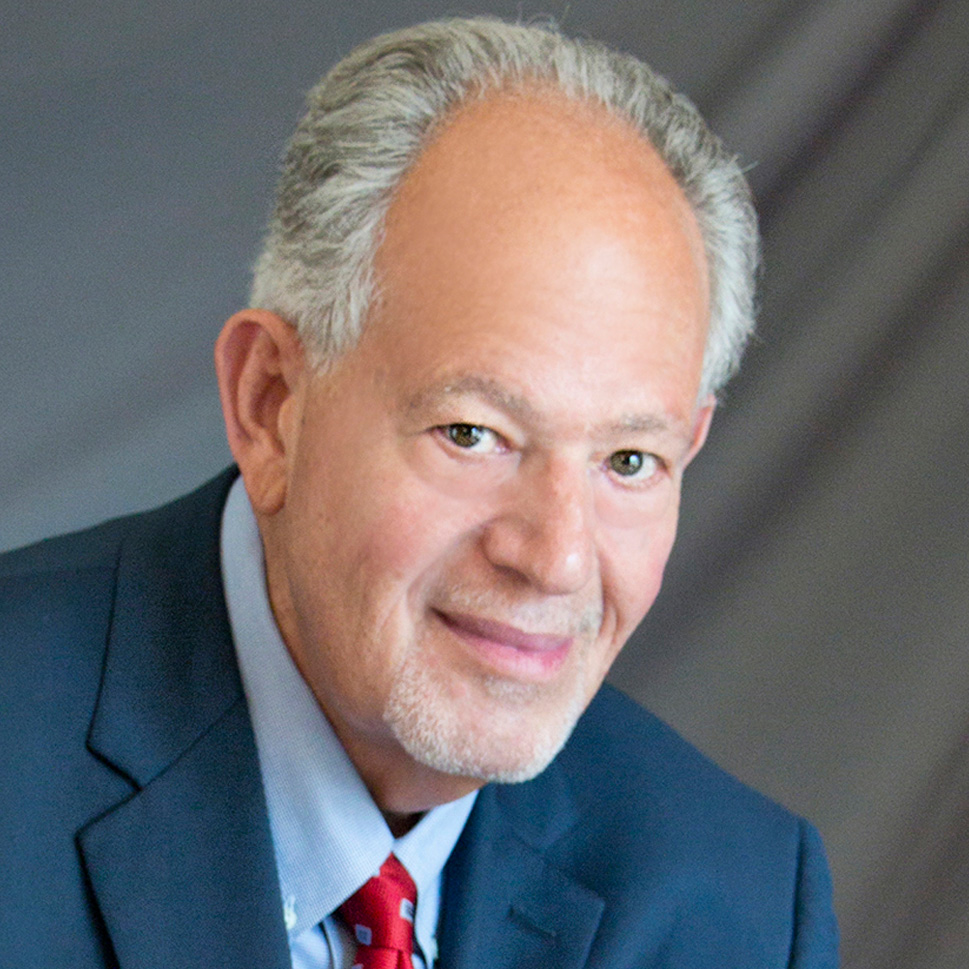According to AARP, over 61% of employees in the United States over age 45 have seen or experienced aged discrimination in the workplace, and 38% of people believe it is common to see ageism. On average, a 54-years-old job seeker will be in search for close to a year, noticeably longer than younger job seekers.
“I think it is normal for folks to be defensive,” says ExecuNet Career Strategist Mark Brodsky. And he continued, “The myth is that we need to be reactive rather than proactive. We need to be on the offense! I think we should take unfair advantage of our age.”
And you can.
Mark asks the members of the ExecuNet community who he works with through our Career Services Group three basic questions during the course of their consultation with him.
- Why are you looking for your next professional opportunity… is it because you need to or because you want to? The answer question determines the types of industries his clients will pursue.
- What is unique and important about you? This is where so many senior executives struggle, as they have been around a while and have become good at so much!
- What are you passionate about? At this point, you can tune out the noise and identify exactly where you want to focus your attention.
These questions form a framework to build a job search strategy around. The older job seeker has the advantage of time lending a perspective that the younger job seeker cannot posses. If the older job seeker is taught how to utilize their years of experience in an effective strategy, it does indeed become an unfair advantage.
Listen to Mark talk about this in the Q&A How to Overcome Age Bias in Your Job Search:
There are a multitude of misconceptions surrounding the older employee, no matter the level, which are simply not true. You don’t want to seem overly concerned with age, nor do you want to attempt to be someone you are not. What you want to do is demonstrate how you will add value to their company. Talk about all your experience, successes and failures – be ready to talk about those, and tell your story within the framework of their pain-points…because that is all they are ultimately interested in.






